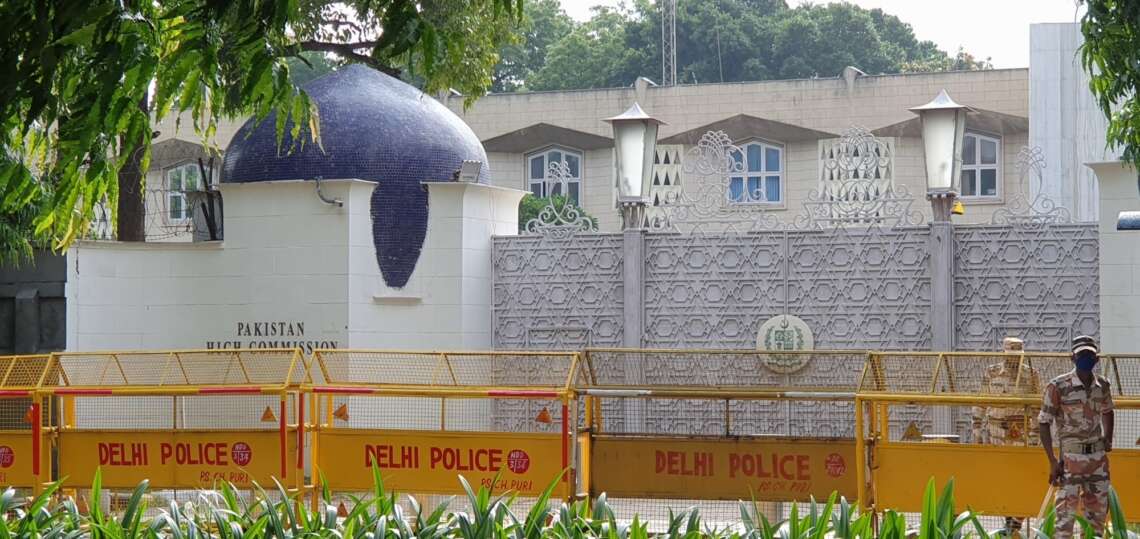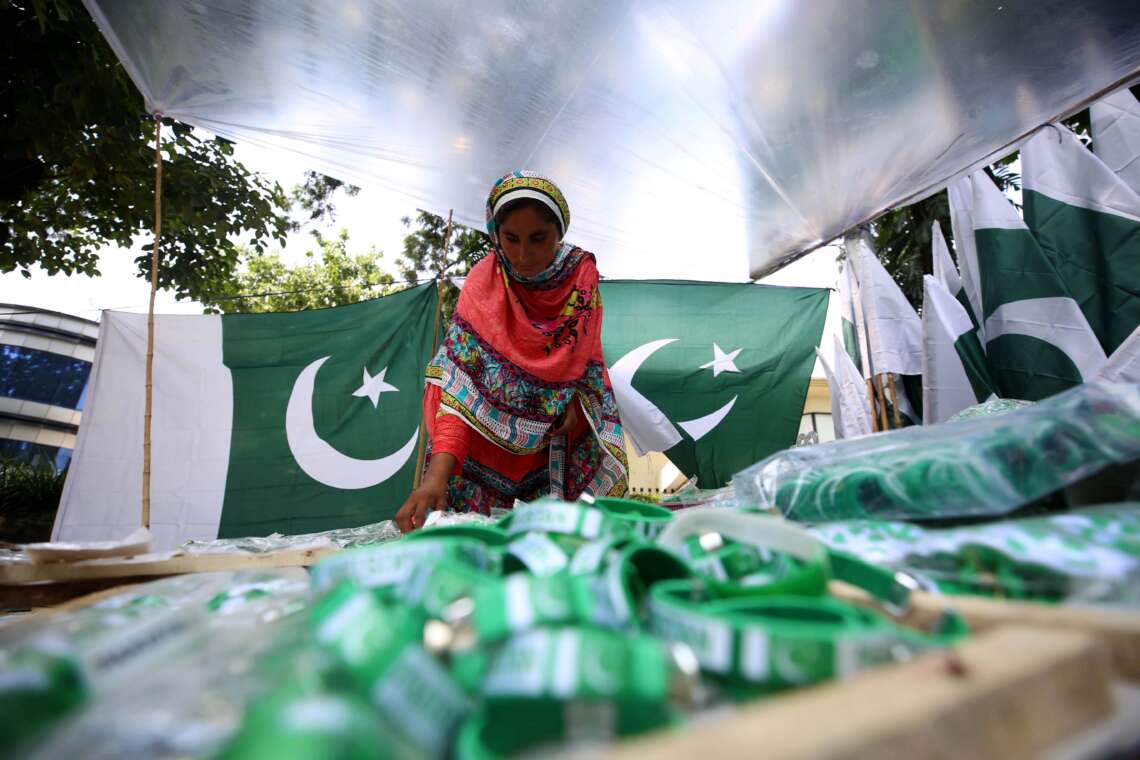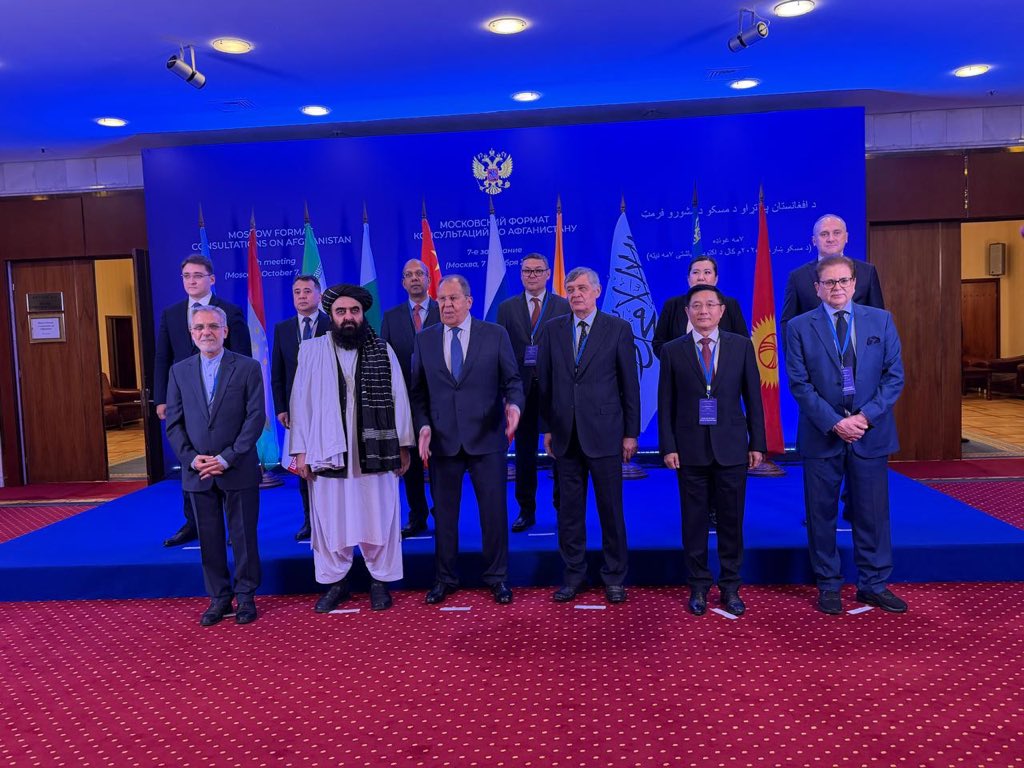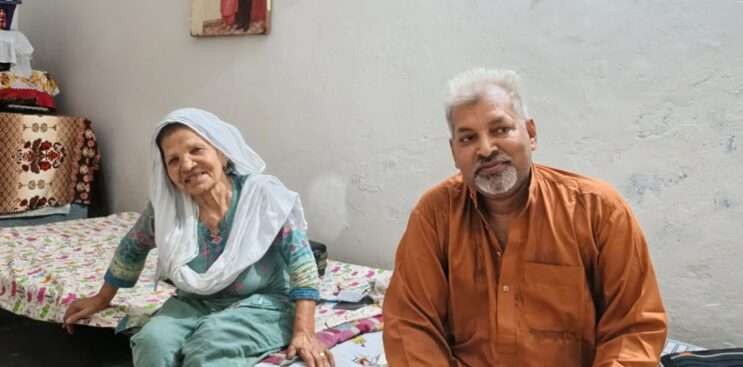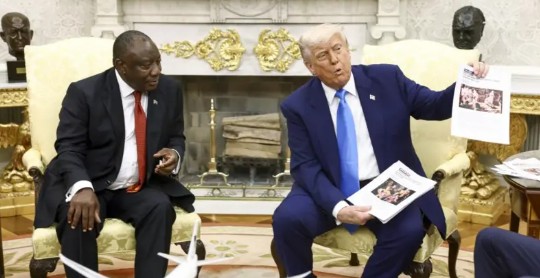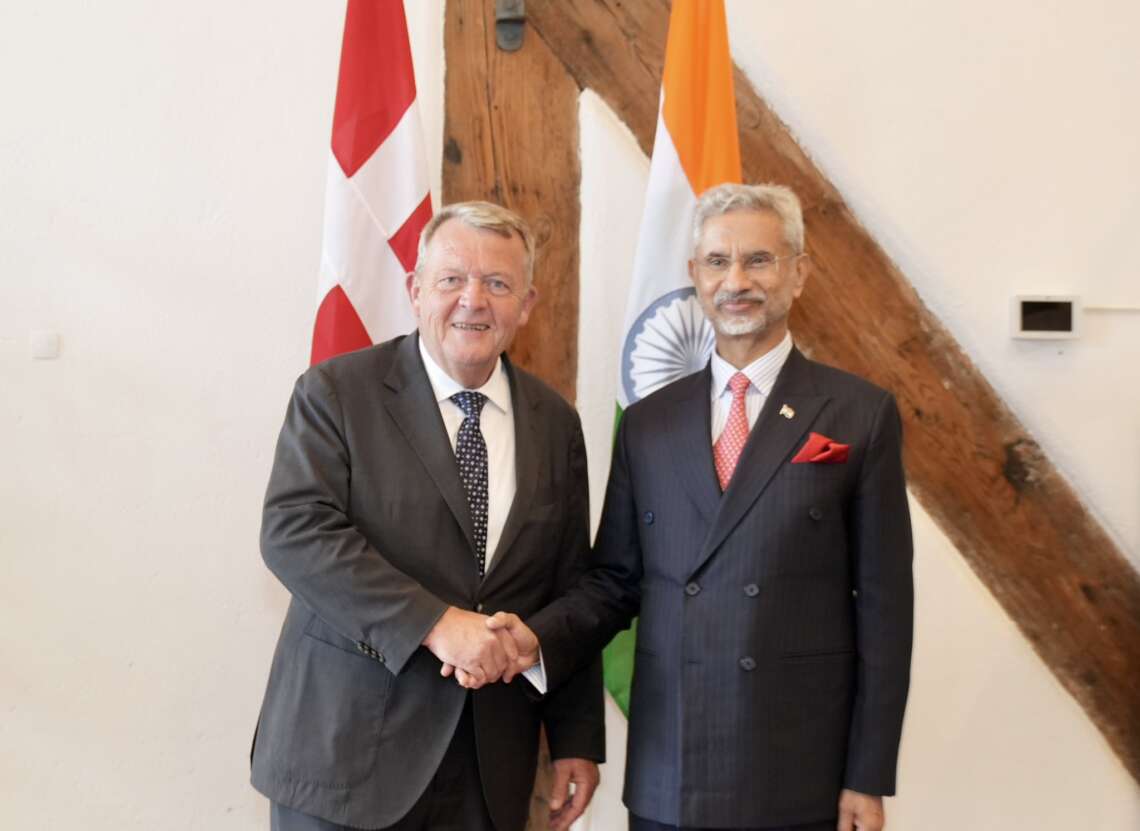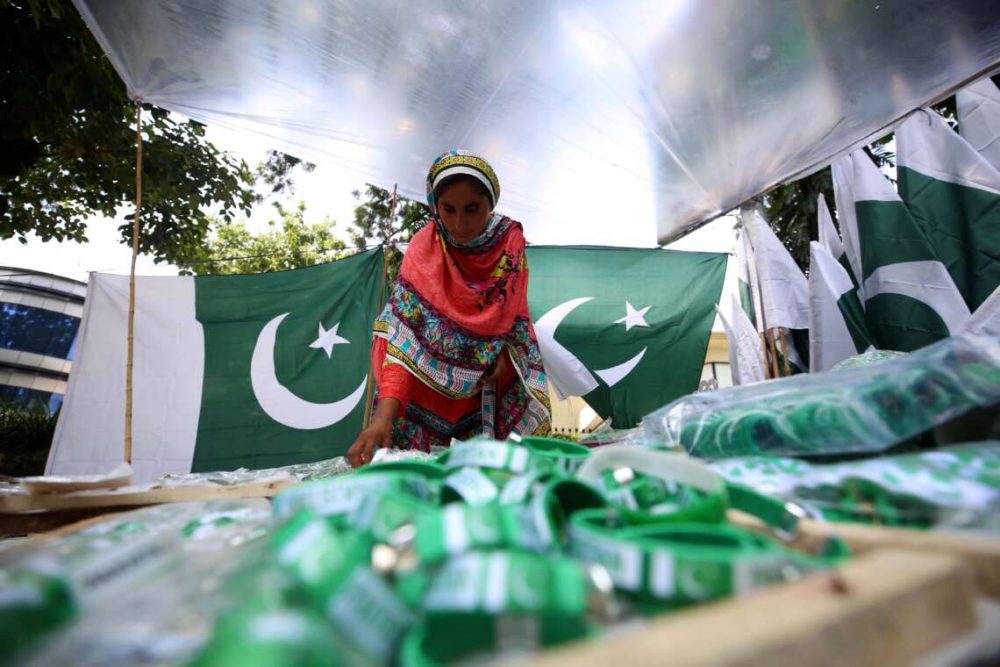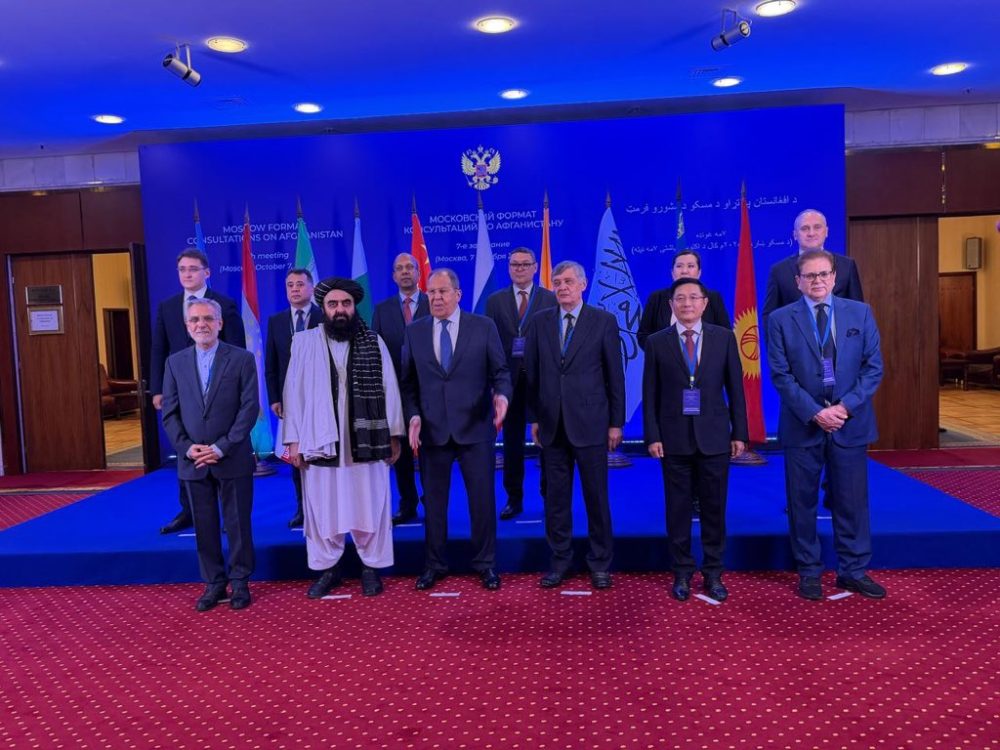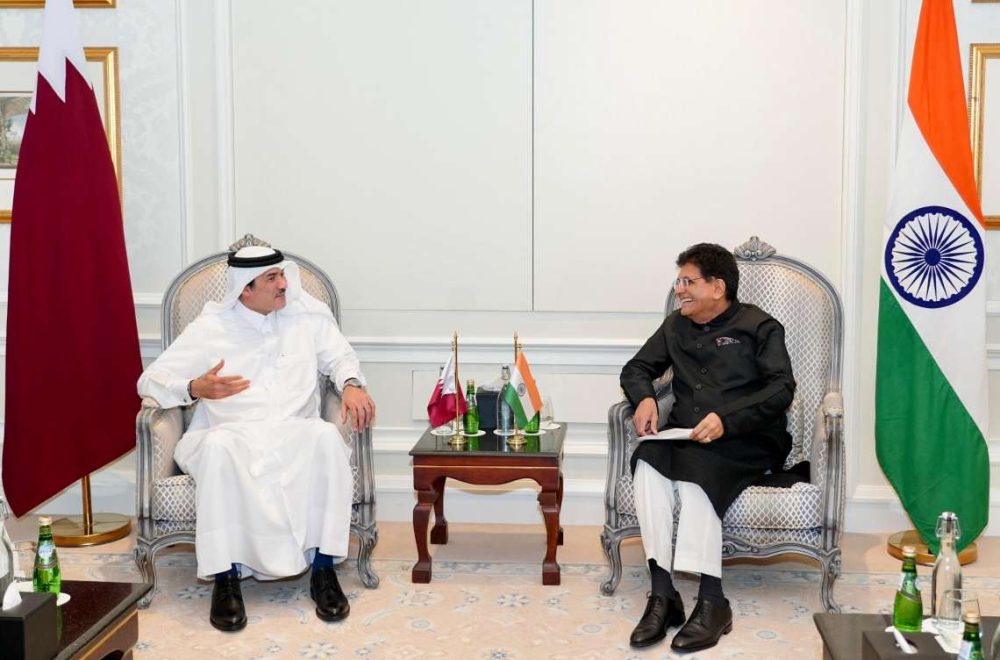This is the second such expulsion by India in just over a week. The Charge d’Affaires of the Pakistan High Commission was summoned and issued a formal demarche conveying the decision.
India on Wednesday declared a Pakistani official stationed at the Pakistan High Commission persona non grata and ordered him to leave the country within 24 hours. The Indian government cited the individual’s involvement in activities “not in keeping with his official status” as grounds for expulsion.
The Ministry of External Affairs (MEA) said the Pakistani diplomat, whose identity and rank have not been disclosed, was found engaging in conduct incompatible with diplomatic norms. The Charge d’Affaires of the Pakistan High Commission was summoned and issued a formal demarche conveying the decision.
“The Government of India has declared a Pakistani official, working at the Pakistan High Commission in New Delhi, persona non grata for indulging in activities not in keeping with his official status in India. The official has been asked to leave India within 24 hours,” the MEA said in a statement.
Former US NSA John Bolton said that India was fully entitled to act in self-defence against terrorist locations in Pakistan following the April 22 Pahalgam terror attack that claimed the lives of 26 people.
The declaration of persona non grata is a standard diplomatic recourse used by a host country to expel foreign diplomats who violate the terms of their accreditation. The host nation is not required to provide detailed justifications under the Vienna Convention on Diplomatic Relations.
This is the second such expulsion by India in just over a week. On May 13, another Pakistani High Commission staffer was expelled under similar charges, signalling growing frustration in New Delhi with Islamabad’s diplomatic personnel allegedly operating beyond their remit.
The latest move comes against the backdrop of a marked escalation in tensions between the two nuclear-armed neighbours following the April 22 terror attack in Pahalgam, Jammu and Kashmir, which claimed 26 lives. The attack, blamed on groups based in Pakistan, prompted India to launch Operation Sindoor—a series of coordinated air, land and sea strikes on May 6–7 targeting terrorist infrastructure across Pakistan and Pakistan-Occupied Jammu and Kashmir (PoJK).
According to Indian defence sources, the strikes targeted 11 Pakistani air bases, neutralised over 100 militants, and inflicted significant damage on logistics and command infrastructure. The operation, conducted with what Indian officials called “calibrated restraint”, aimed to avoid civilian casualties while delivering a strategic blow to terror networks.
India’s actions have drawn a mix of caution and support internationally. Among the most vocal backers of India’s right to self-defence is former US National Security Advisor John Bolton, who on Wednesday endorsed New Delhi’s response.
Speaking to ANI, Bolton said, “India was certainly entitled to act in self-defence against locations inside Pakistan where the terrorist attack was planned and carried out from.” He warned that Islamabad’s failure to rein in terror elements within its territory could provoke “severe consequences” and damage regional stability.
Bolton also raised alarm over China’s growing military footprint in Pakistan, calling it a “significant threat” to India, especially along its western front. “The fact that Chinese military planes supplied to Pakistan were prominent in Pakistan’s response signifies the growing Chinese influence inside Pakistan,” he said.
He went on to compare India’s current response to the 2019 Pulwama terror attack, noting that the latest retaliation was “a cut above” in terms of military precision and scale.
“The escalation, the military response, and the back-and-forth between India and Pakistan before the ceasefire was agreed to were far more significant this time than in 2019,” Bolton added.
India has long accused Pakistan of sheltering terrorist organisations and using asymmetric warfare to destabilise Jammu and Kashmir. Islamabad has repeatedly denied the charges, instead accusing India of heavy-handedness and human rights violations in the region.
Wednesday’s expulsion of the Pakistani official underscores India’s increasingly assertive posture not only on the battlefield but also in diplomatic channels. The MEA’s demarche included a pointed reminder to the Pakistan High Commission to “strictly ensure that none of its diplomats or officials misuse their privileges and status in any manner.”
The tit-for-tat nature of expulsions between India and Pakistan is not new. Such episodes have occurred frequently over the past two decades, often in response to espionage allegations, cross-border attacks, or spikes in terrorist activity. However, the proximity of the current expulsions to India’s recent military operations suggests a strategic tightening of the screws by New Delhi.
Analysts suggest India may be signalling that it will no longer tolerate what it perceives as covert operations under diplomatic cover, especially in times of heightened security threats. The twin expulsions also indicate that diplomatic immunity will not shield officials accused of subversive or unlawful activity.
As of now, Islamabad has not issued a formal response to the latest expulsion. However, a retaliatory move from Pakistan—possibly involving the expulsion of an Indian diplomat—remains a distinct possibility.
With cross-border hostilities simmering and diplomatic frictions intensifying, India and Pakistan appear to be entering another cycle of confrontation, raising regional and international concerns over stability in South Asia.


